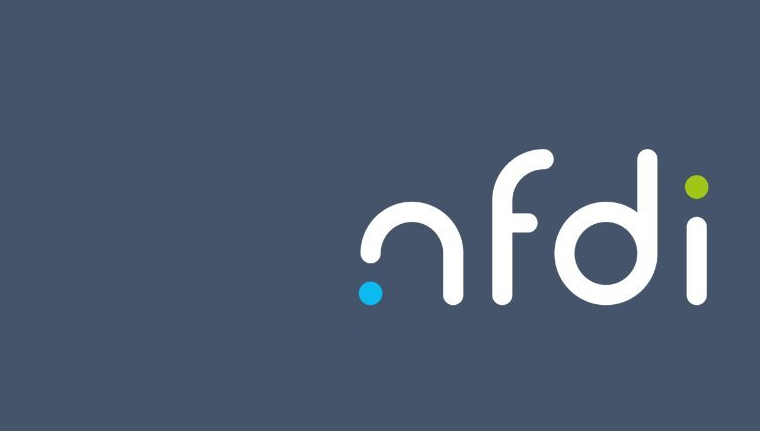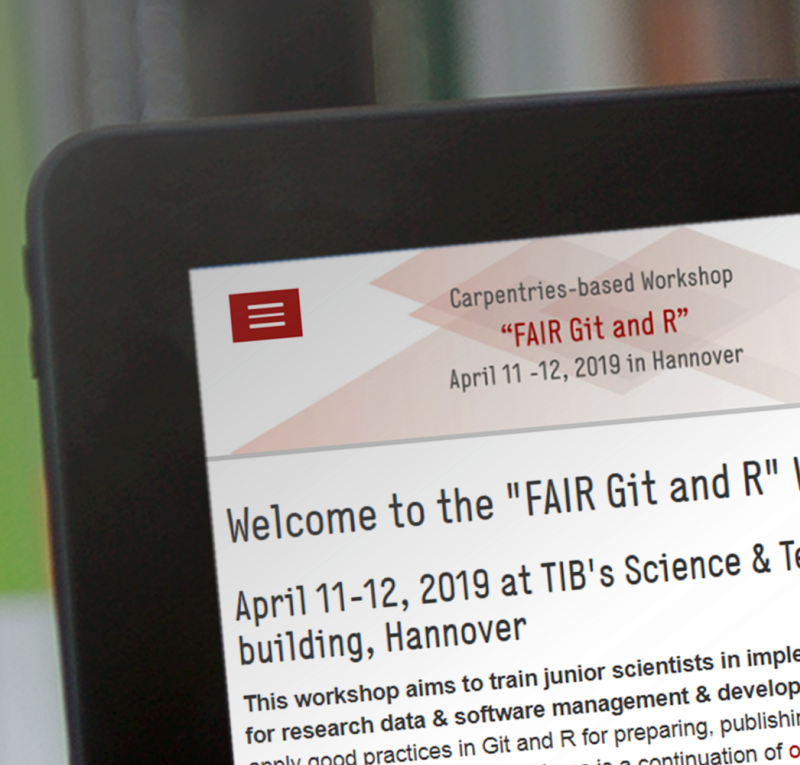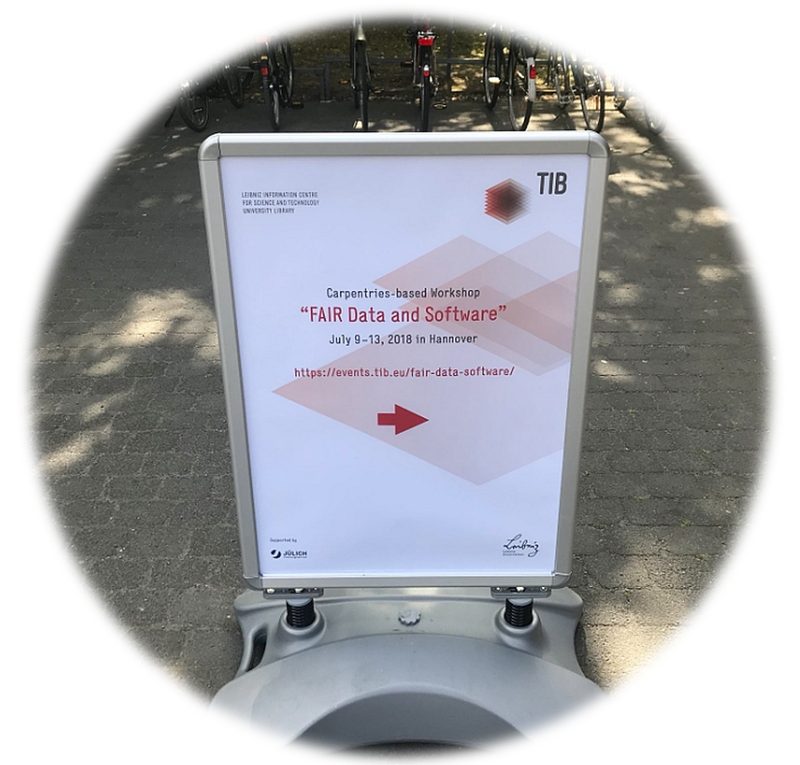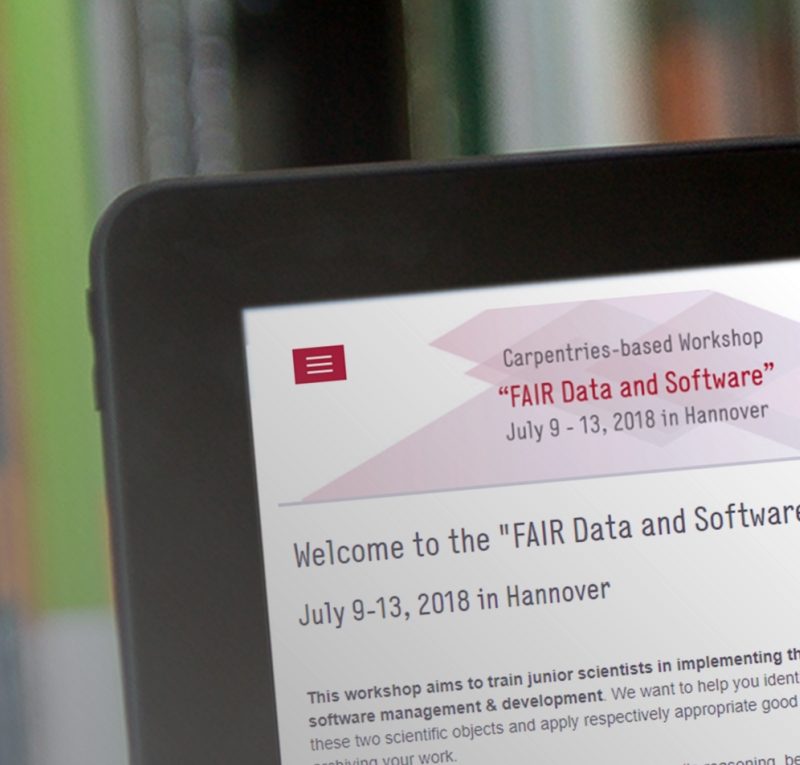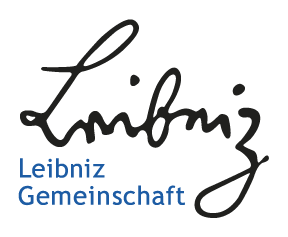TIB Terminology Service – Terminologies and Ontologies Support FAIR Research Data Management
In order to support the scientific use of established ontologies and terminologies, a Terminology Service was set-up by TIB in cooperation with the NFDI initiative: a single point of access to terminologies from a range of domains such as architecture, chemistry, computer science, mathematics and physics.
➔